Mali
The Sahel's many crises are becoming increasingly difficult for journalists to cover freely, especially now that the military has taken over in some countries, Reporters Without Borders said in a report released on Monday.
The Sahelian strip that crosses the continent from west to east threatens to become "Africa's largest information blackout zone," RSF said in the gloomy report.
The expulsion of the correspondents of the French dailies Le Monde and Libération by the ruling junta in Burkina Faso on Saturday further clouded the picture. The RSF report was written before their expulsion.
The local and international press have been facing a "constant deterioration" in their working conditions for the past ten years, says the report covering Burkina Faso, Mali, Mauritania, Niger, Chad, but also northern Benin, which faces similar security challenges.
It describes journalists caught between violence from jihadists and armed groups on the one hand, and restrictions, pressure, media suspensions and expulsions of foreign correspondents by the authorities on the other.
He mentions the negative effect of the arrival of the Russian private security company Wagner in Mali.
"Five journalists were murdered and six others went missing between 2013 and 2023," the report said. It lists nearly 120 journalists arrested or detained during that period, including 72 in Chad alone.
It reports on attacks by jihadists and the disappearance of community radio stations, which were widely listened to because they did not support their cause.
Vast areas have become inaccessible to journalists because they are too dangerous. Sources are "terrified" of reprisals from armed groups, but also from the authorities.
In Mali, Burkina Faso and Chad, as soon as they took over, the military sought "to control the media through bans or restrictions, or even attacks or arbitrary arrests.
RSF recalls the suspension of the French media France 24 and Radio France Internationale in Mali and Burkina.
With the expulsion or forced departure of foreign correspondents for lack of accreditation, the field is left "free for media favourable to the pro-Russian narrative defending the presence of Wagner's mercenaries in the region", which contributes to "the explosion of disinformation".
Pressure on the press in the name of "patriotic treatment" of information encourages "orderly journalism" and self-censorship on sensitive subjects such as Wagner or jihadist casualties. They also fuel cyber-harassment against dissenting voices, says RSF.
RSF also mentions the deteriorating financial situation of the media, due to the crisis and the end of state subsidies.
RSF offers some glimmers of hope. It mentions the mirror copy of the RFI and France 24 websites that it has created to continue to receive them. It mentions the creation of different modes of news gathering and partnerships between media, as well as the development of fact-checking.




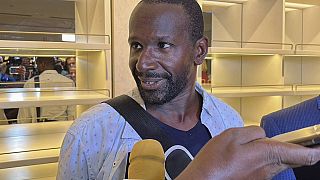
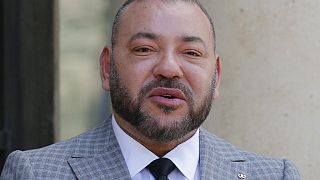
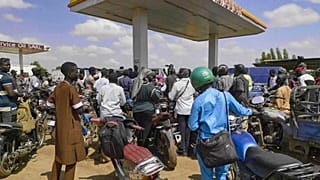
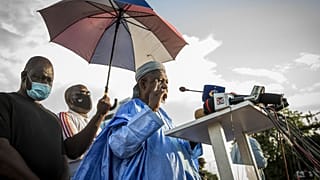
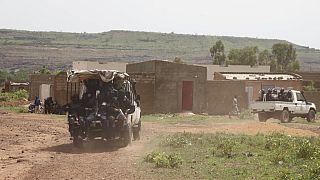
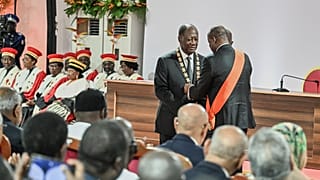
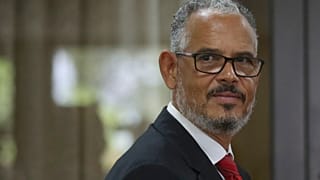

01:01
Jihadist attack claims lives of eleven police officers in Burkina Faso
01:01
Burkina Faso: Damiba extradited by Togo
00:11
Former Burkina leader and alleged coup plotter arrested in Togo and expelled
00:58
Former Burkinabe minister murdered at her home in Ouagadougou, prosecutor says
Go to video
Niger revokes licenses of truckers refusing to deliver fuel to Mali
01:38
Burkina Faso authorities say new coup plot foiled, arrests underway